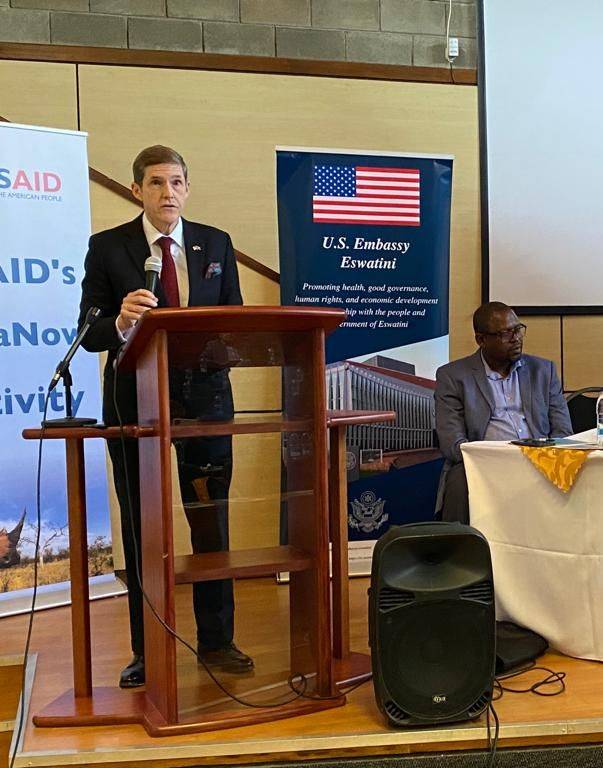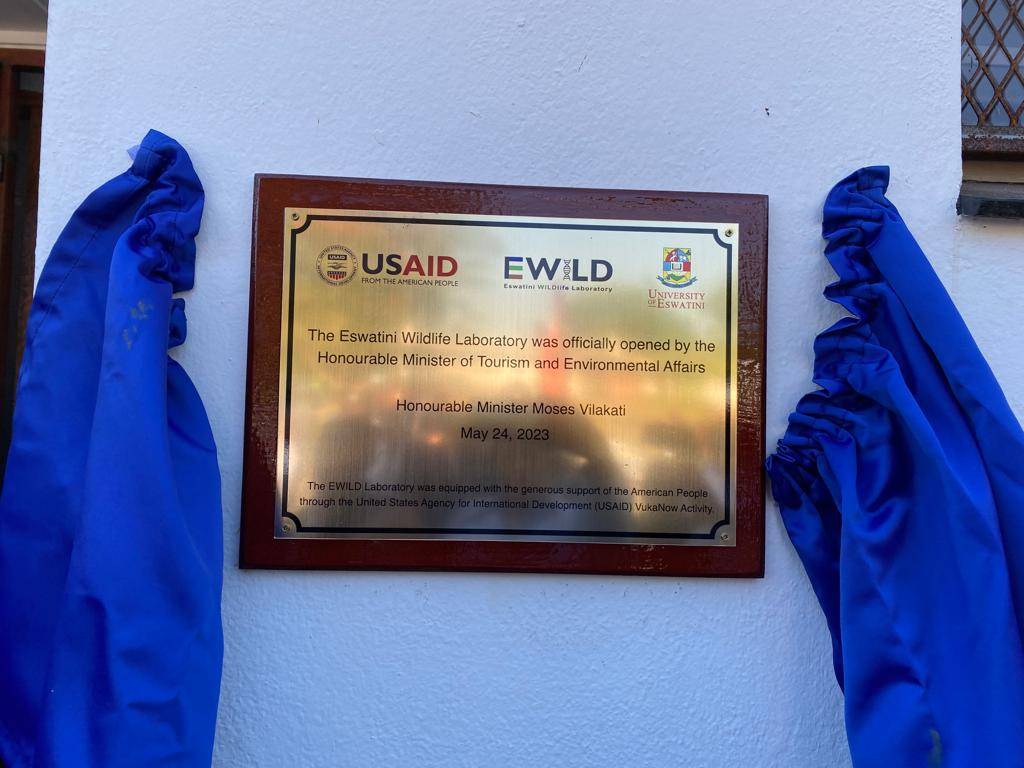Eswatini has achieved a significant milestone in wildlife conservation with the establishment of its very own national wildlife laboratory, thanks to a collaborative effort between USAID Southern Africa-VukaNow grant and the All Out Africa Foundation. The state-of-the-art laboratory, situated at the esteemed University of Eswatini, is set to play a crucial role in combating wildlife crime by implementing international best practices and cutting-edge solutions.
Supported by a generous investment of over 2.7 million Emalangeni from USAID, the EWILD Laboratory was launched with great anticipation and appreciation. Chargé d’Affaires Ambassador Earl Miller expressed his delight, stating, “The United States has demonstrated its commitment to preserving Eswatini’s priceless natural heritage by providing substantial support and equipping the EWILD Laboratory. This milestone serves as a testament to the strong partnership between our nations.”

Previously, Eswatini relied on neighboring South Africa for expert molecular identification, but the establishment of the EWILD Laboratory has changed the landscape of wildlife conservation in the country. Dr. Sara Padidar, from the Department of Biological Sciences at the University of Eswatini, spearheaded the USAID-supported project, which commenced in April 2022. The laboratory’s cutting-edge technology and capabilities now empower Eswatini to conduct essential wildlife forensic analysis locally.

The significance of the EWILD Laboratory transcends wildlife crime prevention. Domestic farmers and game reserve owners will also benefit greatly from the laboratory’s services. Livestock monitoring, genetic identification of individual animals, and assessment of inbreeding risks are just a few ways in which the laboratory will aid agricultural and conservation efforts in Eswatini. By maximizing productivity through genetic analysis, the EWILD Laboratory aims to support sustainable practices in both sectors.







